HYDERABAD: Sufi saint Shah Inayat’s struggle was aimed at addressing public problems without discrimination of caste, creed and religion. He preferred death over surrender to oppressors.
This was stated by Pro-Vice Chancellor of Sindh University Laar Campus Badin Prof Dr Mohammad Siddique Kalhoro while presiding over the presentation of a play titled Sufi Shah Inayat Shaheed in the court of the Mughal emperor at Sindh University’s Shaikh Ayaz Auditorium. The play drew a huge applause from the audience who appreciated the artists’ work.
Aslam Azad played the role of Shah Inayat who is referred to as the first social reformer of Sindh and 17th century revolutionary from Jhoke Sharif. He was said to have been executed on the orders of the Mughal king in the early 18th century. Muhammad Ali Maikash, Arbab Subhpoto and Muhammad Saleem Shar were other actors.
The play was directed by Akram Waraich and organised by Sindh University’s Bureau of STAGS (Students Tutorial, Guidance/Counselling & Co-curricular Activities) in collaboration with Institutes of Art & Design and Sindhology. It was followed by spiritual songs after each dialogue sung by Faheem Allan, son of famous Sindhi folk singer Allan Faqir. Dr Kalhoro said Shah Inayat took up the sword against tyrant rulers and feudal lords and his slogan was a message not only for Sindh but also for the world.
He said farmers did not get due remuneration for hard work because cultivable land was in abundance with less population. Considering their plight, Sufi Shah Inayat raised the slogan of “jo kherray so khaye” (the one who ploughs has the foremost right to the yield), but it was misunderstood. However, people slowly and gradually understood it, he said.
He said popularity of Sufi Shah Inayat forced feudal landlords to contact Mughal King Farrukhsiyar who upon receiving wrong information ordered the ruler of northern Sindh, Mian Yar Mohammad Kalhoro, to see Sufi Inayat and his companions.
A prolonged siege of Jhoke led to the offer of negotiations from the Kalhora commander. Shah Inayat accepted it to avoid bloodshed. As he arrived for negotiations in the enemy camp, he was arrested and later executed in Thatta, he said.
Prof Yousaf Pardesi said Shah Inayat was questioned and beheaded a few days later on Jan 7, 1718. In his trial, Shah Inayat appeared to long for death. “Therefore, he is known as the Hallaj of Sindh and is venerated as the crowned head of Sufis.
His last words to his executioner were ‘you have released me from the chains of existence, may Allah bless you now and in the hereafter’,” said Prof Pardesi. A Syed from Thatta built a shrine where Shah Inayat was buried. Thousands of those who were killed were buried in seven mass graves each known as ‘Ganj- e-Shaheed’. Around 24,000 followers were slain, he said.
Lal Bux Jiskani, Prof Saeed Mangi, Prof Naimatullah Khilji, Dr Khalid Noor Panhwar and a large number of teachers and students watched the play.
Published in Dawn, January 23rd, 2015
On a mobile phone? Get the Dawn Mobile App: Apple Store | Google Play






















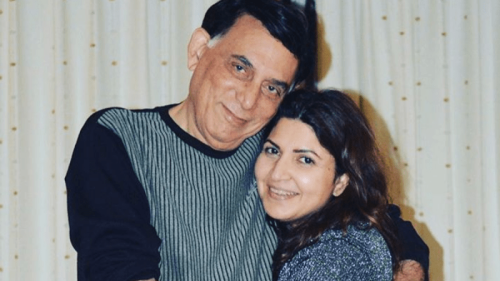
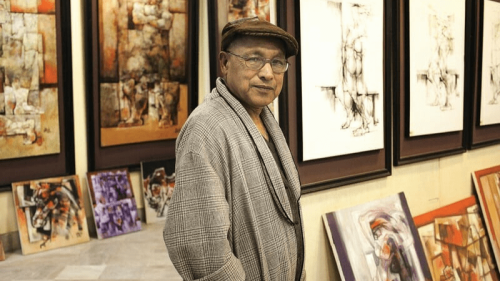
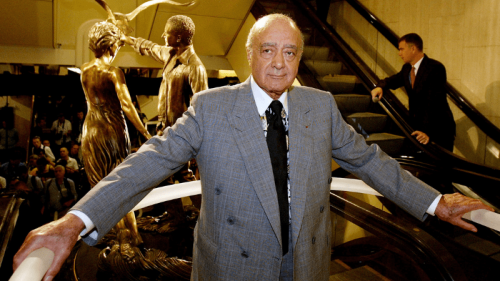












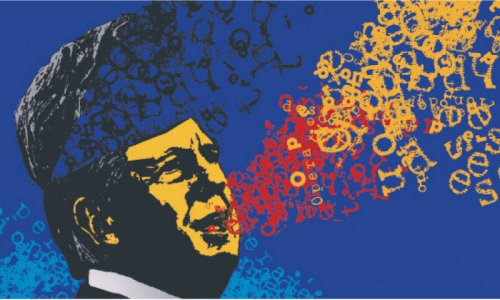
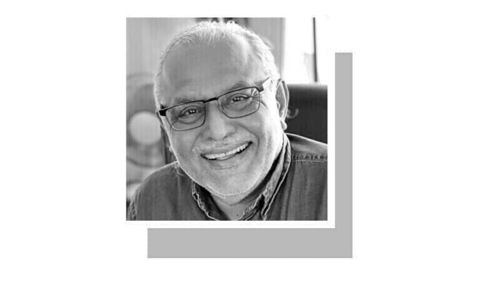
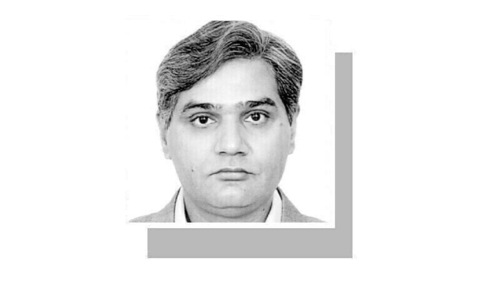




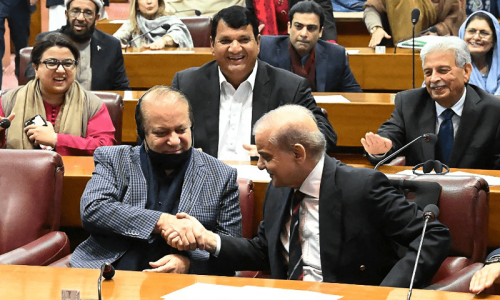
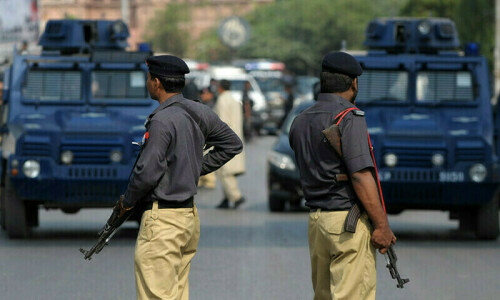

Dear visitor, the comments section is undergoing an overhaul and will return soon.